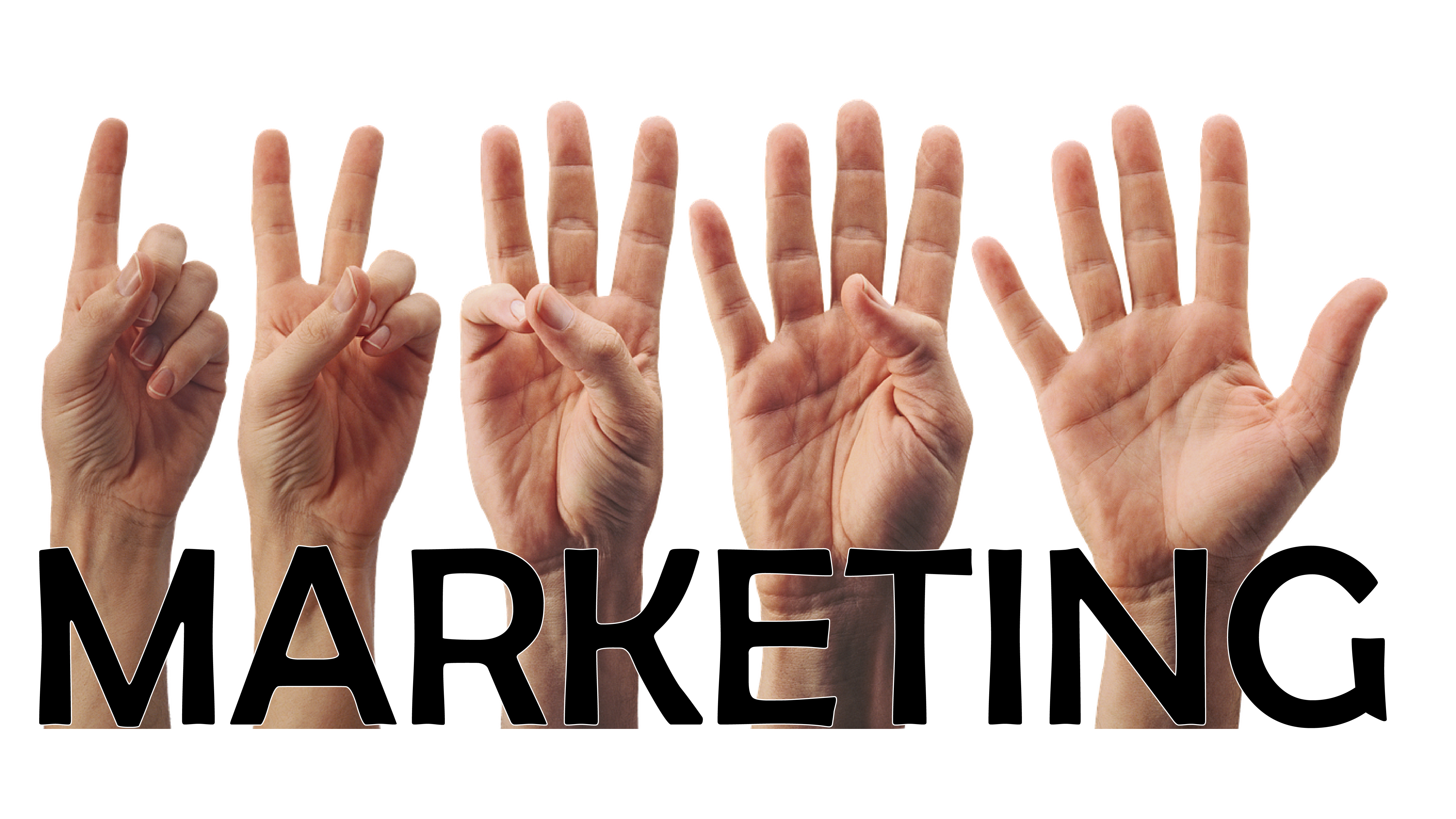Marketing is a fancy word for storytelling. You need to tell an interesting story to prospective clients about why your product or service is A) needed and B) better than the competition. If you have an hour to tell your story, like on a podcast or in a presentation, you can weave a perfect story together with lots of information and plot twists.
If you have a smaller opportunity to tell your story, you will need to quickly get to the good parts. If you are using a marketing medium like magazine ads, web banners, social media, or billboards, you need a quick message that captures attention and leaves an instant impression.
5 keywords in marketing
Below are five keywords that can help do that. Each of these words triggers a psychological response in your prospect to create emotions required for them to buy.
Urgency
You want your prospect to buy now. You need revenue today. Getting your potential customer to understand that this opportunity has a “ticking clock” will motivate them to investigate and ask questions. Fear of missing out (FOMO) is a reality. Create the illusion of scarcity to encourage prospects to engage with you.
Desire
People buy on emotion and justify the purchase later with logic. This is common knowledge in sales training. You need to trigger an emotional response to your offering to get your potential customers’ attention. This response could appeal to their internal bias, peer pressure, or deep emotional desires around who they hope to be (aspirational) or who they want to avoid being (deterrent). Create an emotional connection with your product/service or, at the very least, a connection with what your product or service can help deliver (i.e., money, fame, exclusivity).
Inclusion
There is a reason loyalty programs work—humans are tribal. Just look at professional sports and politics. We passionately engage with something that helps us identify with our values. We may never meet the people who act on our behalf to vote on legislation or score a touchdown, but we identify with being a part of a group and representing the ideal of a greater whole. Understand and leverage this in your marketing efforts.
“You”
This is who needs to read or see what you have to say—the customer. The best thing to say is the prospect’s name. When you are speaking to a large audience, “you” is the next best option. While not being specific, it is singular. It appeals to the individual and personalizes the conversation. Make the entire story about the prospect and their relationship with your product or service. They are the hero in this story, and your solution is the only tool the hero needs to complete their journey.
“Free”
There is no such thing as free. There is always a cost, whether it be time, energy, brainpower, etc. But in terms of what people associate with free, it’s money. They will drive across town to save a few pennies on gas and waste hours in the process. Find a way to incorporate free into your message as a satisfaction guarantee. There is a mattress store in southern California with 38 stores. Their fundamental pitch is simple: “We’ll beat anybody’s advertised price, or your mattress is free!”
The last and most important word here is free. Nobody ever hears “match advertised price.” It is a genius trick they use to sell high-margin furniture. What they are saying is, “You do the hard work of finding another advertised price for the same model we have in stock, and we will do the lazy work of lowering the price.” You know what? It’s effective. They have been in business since 1978, and they are growing exponentially—all in one word: free.
“Secret”
A secret appeals to our competitiveness as a culture, to catch angles and deals. “The early bird gets the worm” is a popular idiom in our culture. People want to be the ones to find and take advantage of that deal. If you offer something that implies rarity by using words like limited, special, or exclusive, prospects will jump to find out how much exclusivity your solution provides them over others.
“Easy”
This should be self-explanatory. The modern consumer has everything on-demand, from streaming television service to the Amazon delivery van. Your prospects don’t want to do any work. The remote control was hugely successful because we don’t want to get up and change the channel. Siri and Alexa are taking over everything because we are too lazy to type. The best way to compete in your market is to eliminate as much effort as possible for the prospect so you can win the sale.
“Now”
Act Now! Buy Now! Don’t Wait! These are the classic call to action phrases. You need to finish your story with a command. This is the economic equivalent of “and they lived happily ever after.” Your prospect has gone through this journey with you, and the story is over. Now what? Usually, there would be a moral or a lesson to be learned. Well, this is business, which means they need to buy. Hopefully, by this point, you have done a good enough job convincing them that what you have to offer appeals to one or more of their needs.
Humans are emotional. We are also thinking creatures. The intersection of thought and emotion is the best place for you to be when it comes time to get them to make a purchase decision. Sometimes you only have a small window to reach your prospect. Use these keywords in your story to attract potential customers, who will eventually become customers, and you can live happily ever after.





